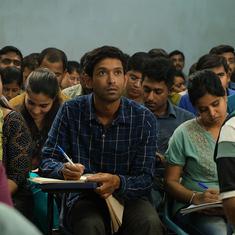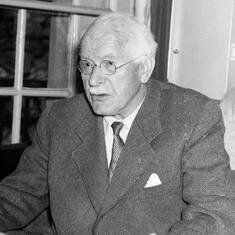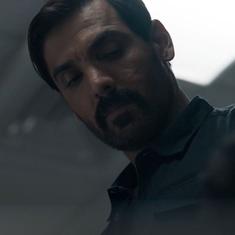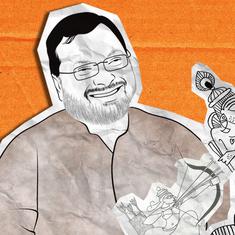Nithari murders: SC upholds acquittal of both accused men
The Central Bureau of Investigation and families of the victims had challenged Allahabad High Court’s October 2023 verdict.

The Supreme Court on Wednesday upheld the Allahabad High Court’s acquittal of Moninder Singh Pandher and domestic worker Surendra Koli in connection with the Nithari killings of 2005-2006 in Noida, Live Law reported.
A bench of Chief Justice of India BR Gavai and Justices Satish Chandra Sharma and K Vinod Chandran dismissed 14 appeals filed by the Central Bureau of Investigation and the families of the victims, challenging the High Court’s October 2023 verdict.
In December 2006, body parts of children and young adults were traced to Pandher’s house in Noida’s Nithari village. Later, the police also discovered 19 skeletons in the house.
The Central Bureau of Investigation took over the case and alleged that Pandher’s domestic worker, Koli, had been raping and killing the women and girls, even eating their body parts, and, in one case, cooking them.
The CBI had registered 16 cases and accused Koli in all of them of murder, abduction, rape and destruction of evidence. The investigating agency also named Pandher in one of the cases for immoral trafficking. He was also charged in five other cases.
A trial court had convicted Koli in 12 cases and sentenced him to death, while Pandher had been convicted in two cases. However, in October 2023, the Allahabad High Court acquitted them for lack of evidence.
The Supreme Court said on Wednesday that it found no perversity in the High Court’s ruling, adding that the prosecution failed to bring on record admissible and credible evidence to support the convictions.
“It is rather complimentary of the judges of the High Court for writing such a judgement,” Live Law quoted the bench as saying. “There must be a lot of media pressure and all that. By withstanding such pressure they have given such a…The trial court [judgement] sorry to say must have been on the basis of media trial.”
While Pandher has been acquitted in all the cases against him, Koli will remain in prison as he is serving a life sentence in another case linked to the Nithari murders, where his conviction was upheld by the top court in 2011.









